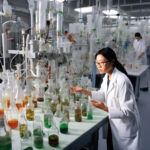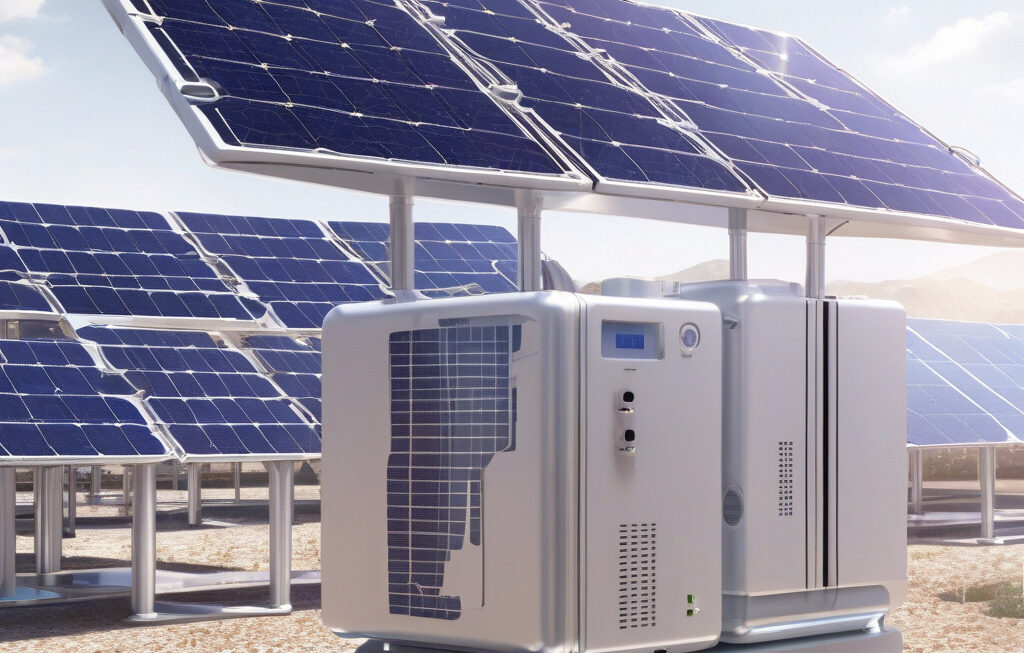Norwegian Fish Farm Doubles Floating Solar After First Plant Cuts Diesel by 90%
Norwegian salmon and trout producer Emilsen Fisk ordered a second floating solar power plant after experiencing remarkable success with their initial solar installation. The decision to expand their renewable energy infrastructure comes after the first plant drastically reduced their diesel consumption by an impressive 90%.
Emilsen Fisk’s pioneering approach to integrating solar power with fish farming not only showcases their commitment to sustainability but also sets a promising precedent for the aquaculture industry as a whole. By harnessing the power of the sun to meet a significant portion of their energy needs, the company is not only reducing its environmental impact but also cutting costs in the long run.
Floating solar panels have emerged as a game-changer for industries located near water bodies, offering dual benefits of energy generation and water surface shading, which helps reduce evaporation and algae growth. Emilsen Fisk’s bold move to invest in this technology highlights the immense potential it holds for transforming traditional farming practices into eco-friendly and economically viable operations.
Furthermore, the decision to double their floating solar capacity underscores the tangible benefits that Emilsen Fisk has reaped from their initial investment. With the second plant set to further slash their reliance on diesel, the company is positioning itself as a leader in sustainable aquaculture, setting an example for other fish farms to follow suit.
The success story of Emilsen Fisk serves as a powerful reminder of the transformative power of renewable energy solutions. By embracing innovation and adopting environmentally friendly practices, businesses not only contribute to a greener future but also stand to gain a competitive edge in an increasingly sustainability-focused market.
As the global push for clean energy intensifies, initiatives like Emilsen Fisk’s floating solar farms are crucial in driving the transition towards a more sustainable and resilient economy. By reducing greenhouse gas emissions, decreasing reliance on finite resources, and fostering innovation, companies can pave the way for a brighter tomorrow while securing their own longevity in a rapidly changing world.
In conclusion, Emilsen Fisk’s decision to double their floating solar capacity following the remarkable success of their initial plant is a testament to the transformative potential of renewable energy in the aquaculture sector. By leveraging the power of the sun to reduce diesel consumption and operating costs, the company is not only leading by example but also redefining the future of fish farming in a way that is both environmentally conscious and economically prudent.
sustainability, aquaculture, renewableenergy, innovation, EmilsenFisk












